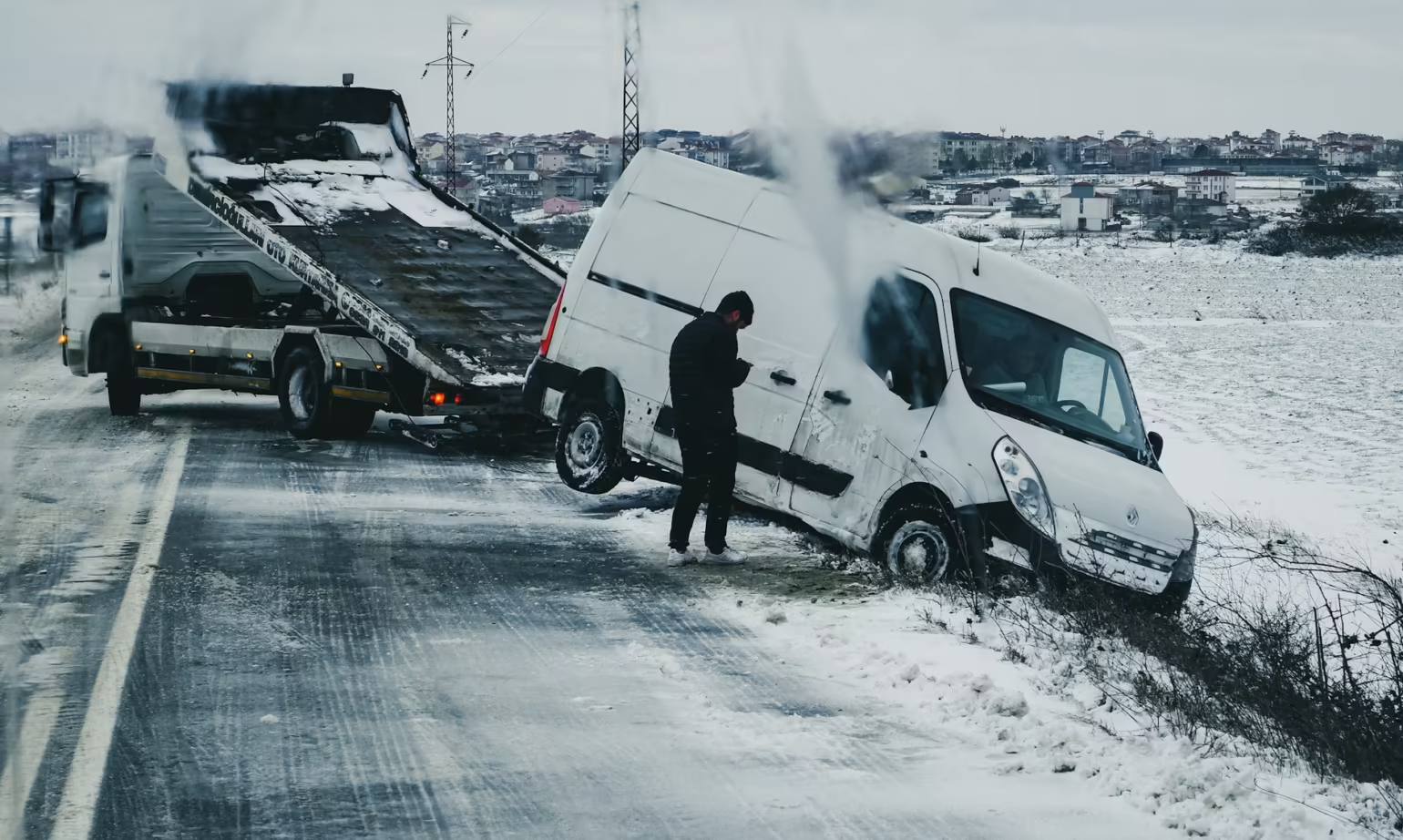Getting into a collision is stressful enough without accidentally hurting your chances of a smooth recovery—physically, legally, and financially. Steer clear of these common missteps:
1. Leaving the Scene Too Soon
Even a minor fender‑bender can involve legal obligations. Remain at the scene until you
- exchange contact and insurance information with all parties,
- assist anyone who’s injured, and
- speak with responding officers.
Leaving prematurely can result in hit‑and‑run charges or make you look at fault later.
Do instead: Pull over safely, check for injuries, call emergency services, and wait for official clearance before departing.
2. Skipping the Police Report
Some drivers agree to “handle it privately,” but a police report establishes an objective record of what happened. Insurers (and courts) rely on that document.
Do instead: Dial the non‑emergency police line if no one is hurt or 911 if injuries are involved. Get the report number and the officer’s badge/name for your files.
3. Neglecting to Collect Evidence
Once vehicles move or debris is cleared, key details vanish. Without photos or witness statements, it’s your word against theirs.
Do instead:
- Photograph vehicle damage, skid marks, street signs, and any visible injuries.
- Record witness names, numbers, and quick voice memos while memories are fresh.
- Save dash‑cam footage or nearby CCTV if available.
4. Admitting Fault (Even Casually)
Saying “I’m so sorry, this is my fault” feels polite but can be construed as a legal admission. The full picture—road conditions, mechanical failures, other driver actions—may reveal shared or different liability.
Do instead: Be courteous and exchange facts, not opinions. Let insurers and investigators determine fault.
5. Delaying Medical and Legal Help
Adrenaline masks pain; injuries like whiplash or concussions may surface days later. Waiting can jeopardize your health and create gaps in your medical record that insurers exploit.
Do instead:
- Seek a prompt medical evaluation—even if you believe you’re fine.
- Notify your insurer right away.
- Consult a personal‑injury attorney before giving detailed statements or signing settlements.
Final Thoughts
Staying calm, gathering solid documentation, and getting professional help early can transform a chaotic crash into a manageable claim process. Keep a copy of this checklist in your glove compartment or phone notes; when seconds count, clear guidance matters.



